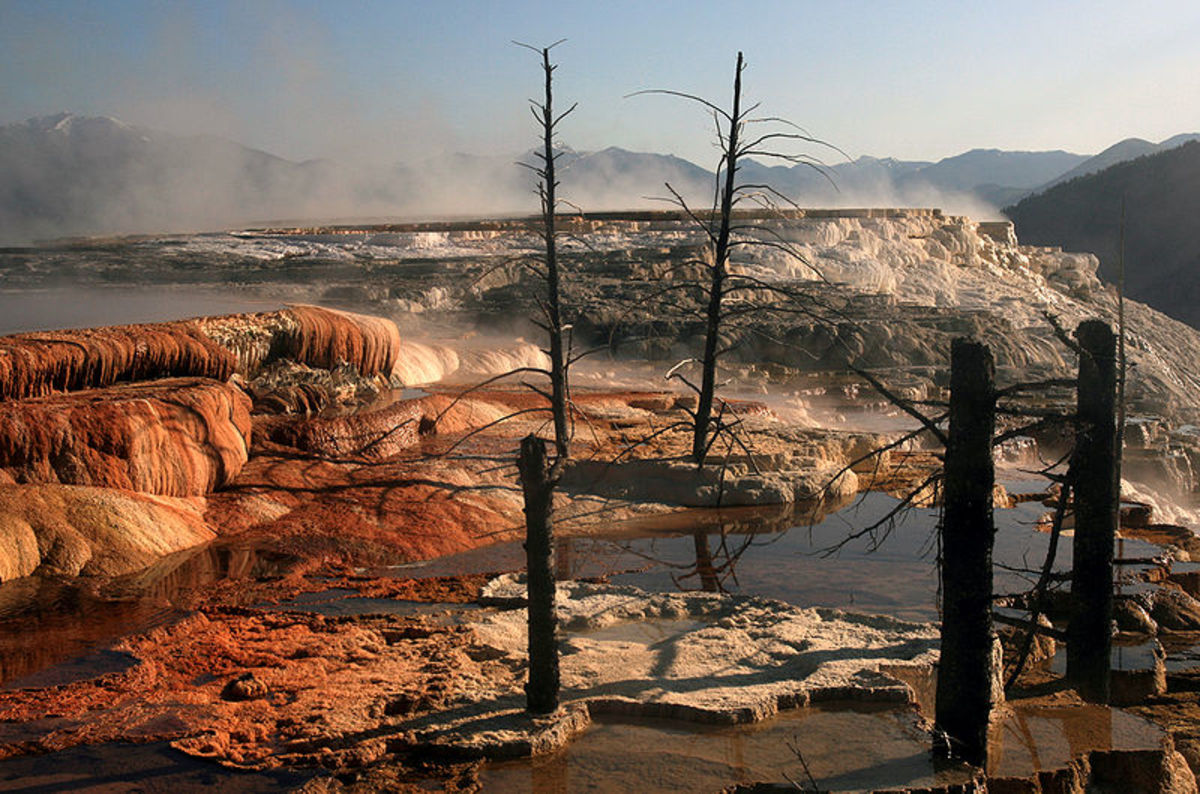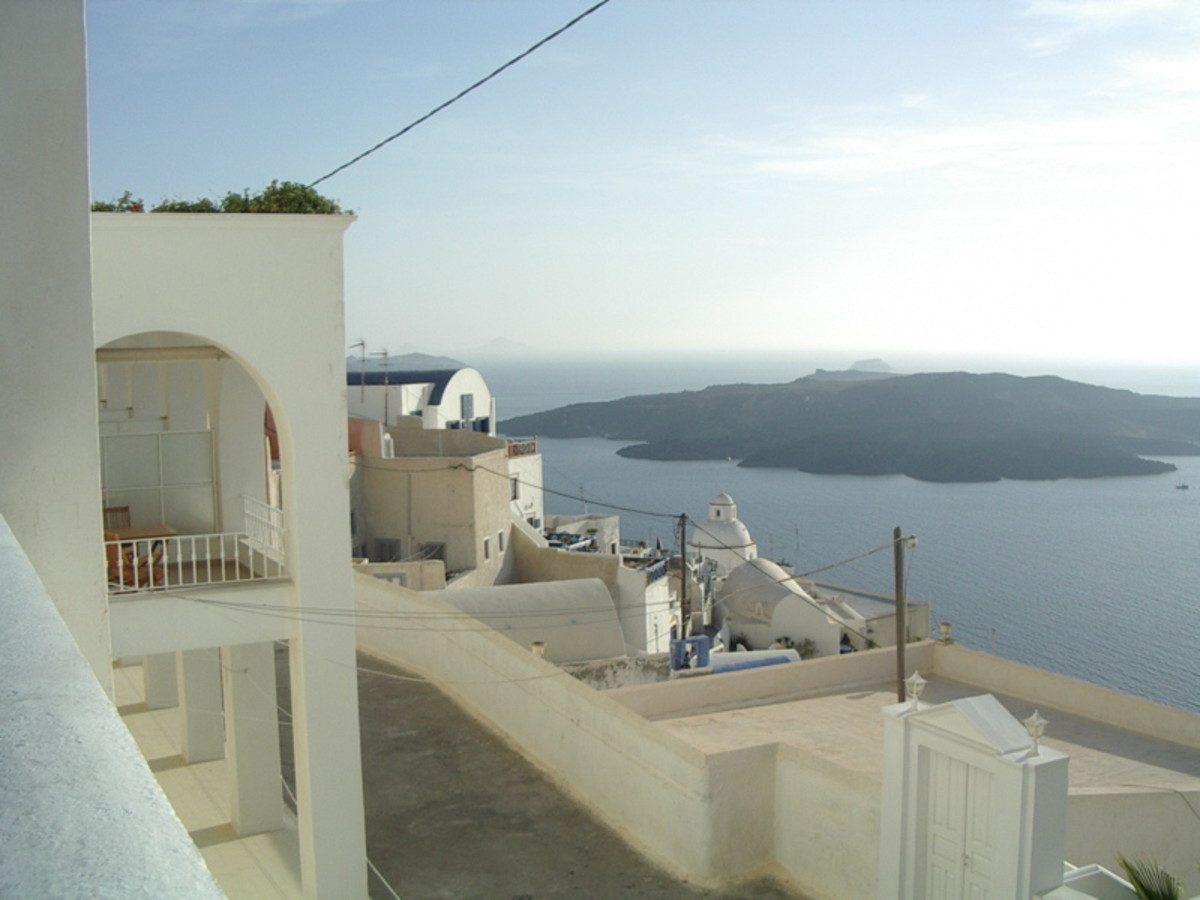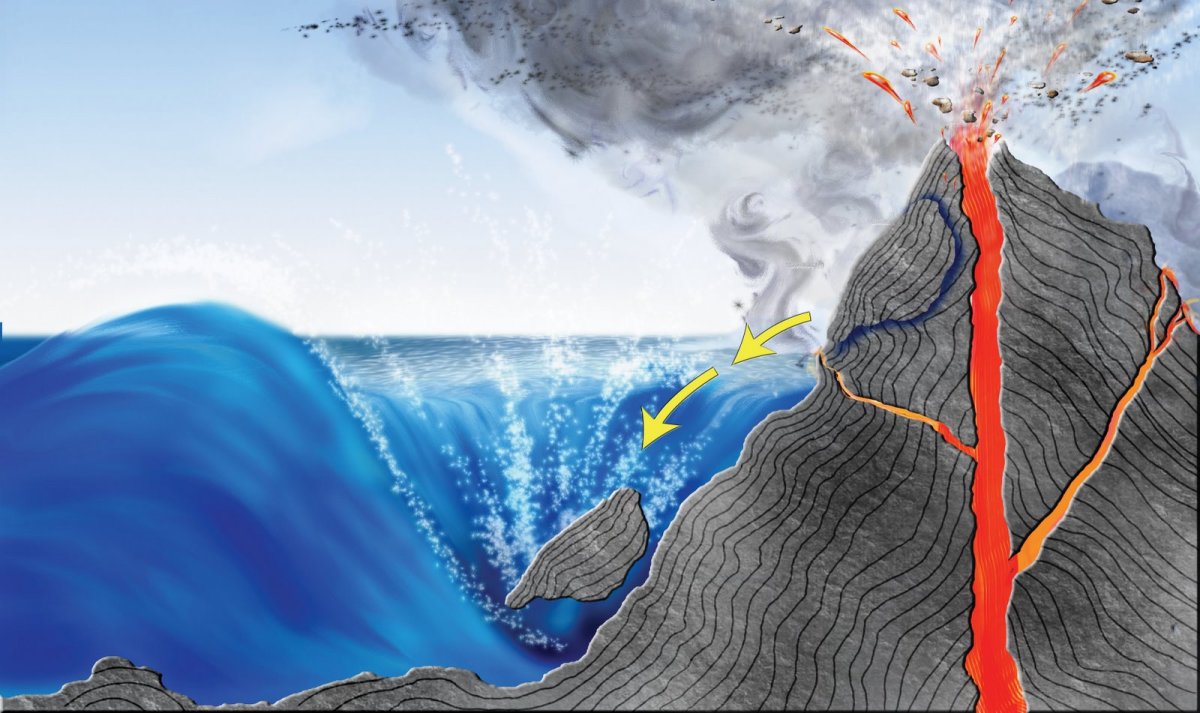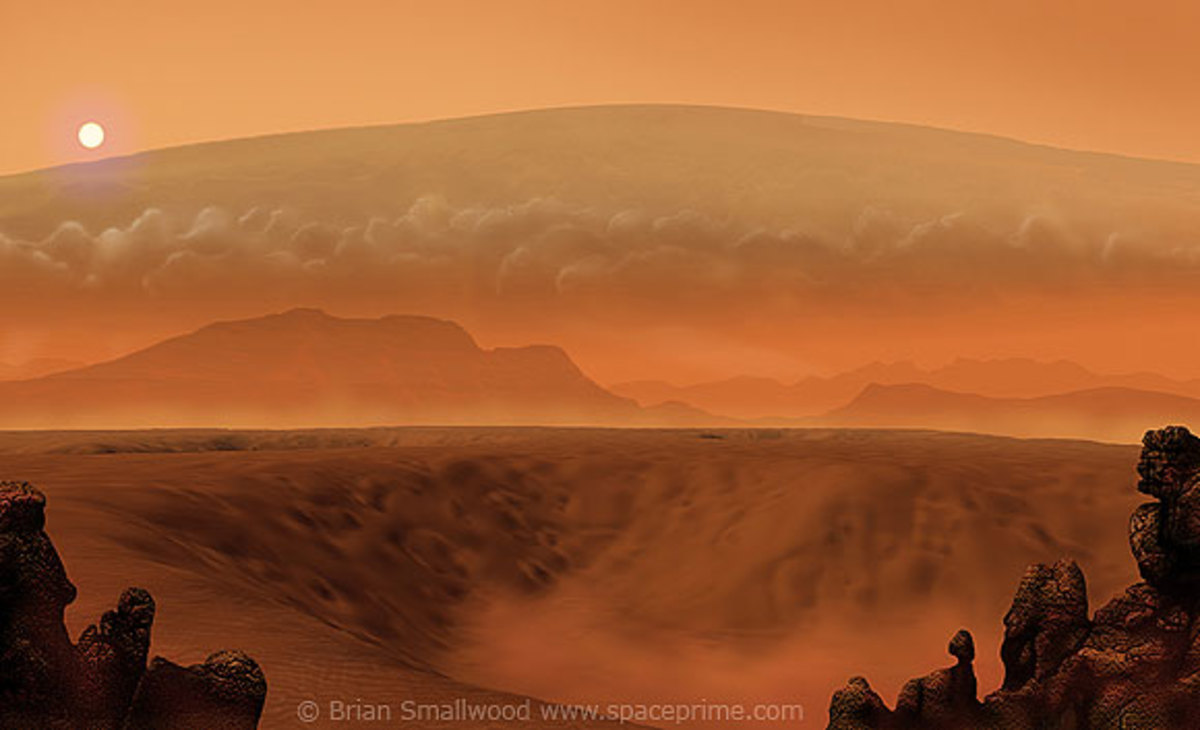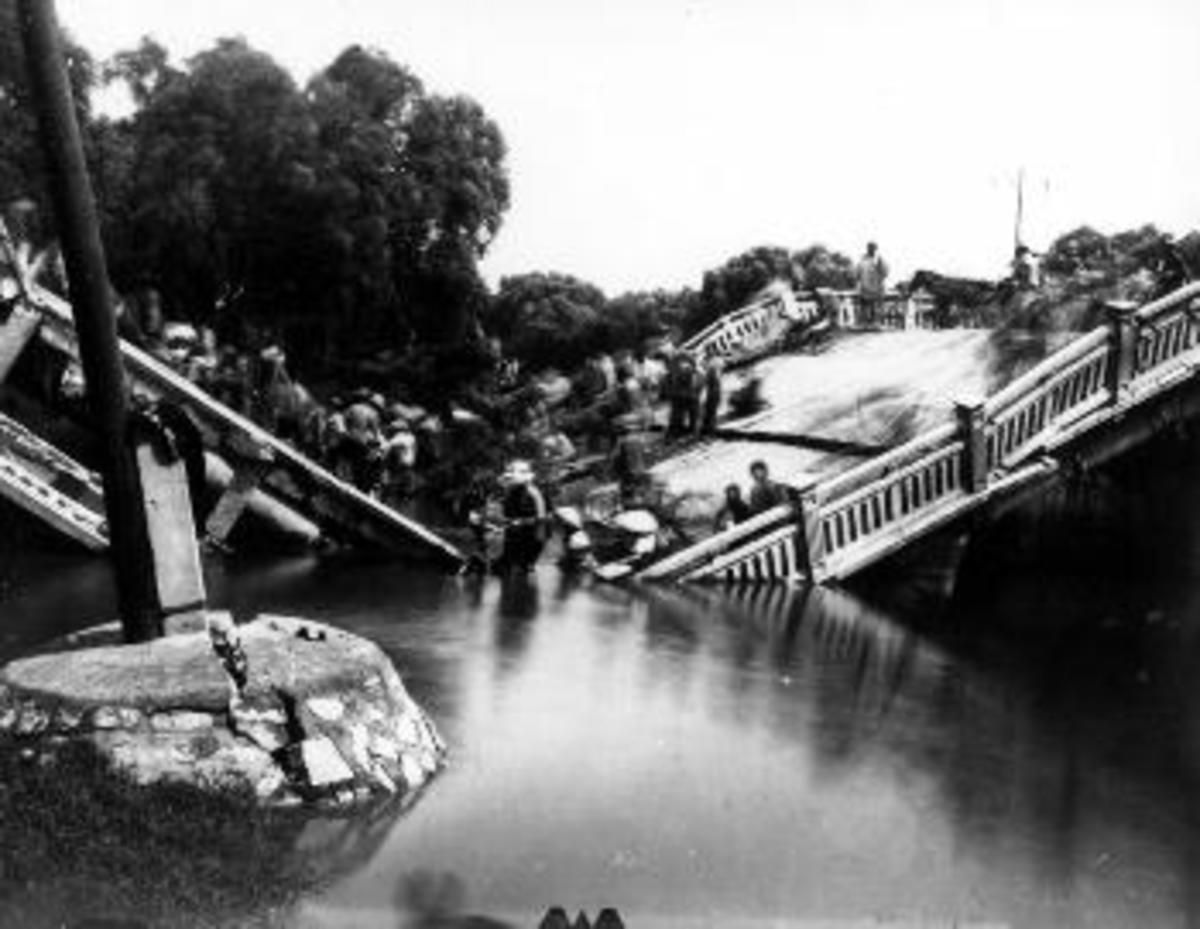Volcanic Winter
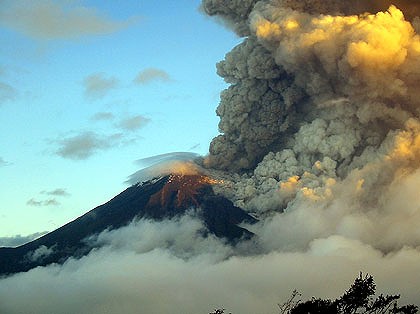
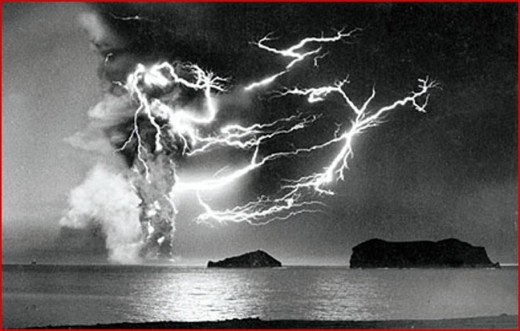
The threat of a volcanic winter with world wide effects exists even now
When the earth explodes from pent up pressure and heat from the interior, the results can literally be world changing. Among all the threats to life on earth, this one lies right below our feet. There have been a few incidents recorded in history about the effects of a volcanic winter. Among them are the Santorini explosion of 1646 BCE, The Krakatoa explosion of 535 AD, Tambora in 1815 AD and Krakatoa again in 1883 AD. All of these explosions had world wide impact ranging from local extinctions, years without summers, agricultural failure, war, revolution and changing the course of history. The recent explosions of volcanoes under glaciers in Iceland that have immediately impacted most or Europe may not as yet be a candidate for a volcanic winter, but we are told that the eruption is still in the building phase as of April 15th, 2010. The latest report indicates that the ash is reaching altitudes of some 30,000 feet, altitudes that are typical for commercial jet flights. The immediate result was a total shut down of all air flights in and out of Europe and that has reverberated around the world. Suppose for a moment, that this current eruption continues to increase. What would be the results? Looking into history we can see some dramatic effects that occurred.
The Santorini explosion was one of the largest, history changing events in recorded history. It drove the Minoan civilization to extinction; at least for those who did not escape in the weeks and months prior to the explosion. The event is dated to 1646 BCE according to ice cores. When Santorini exploded, it injected 61 cubic kilometres of ash into the stratosphere. The explosion also produced massive earthquakes and associated tsunamis. The earthquakes destroyed much in the surrounding regions, especially in Greece and what is now Turkey. The tsunamis engulfed many coastal civilizations around the Mediterranean. This explosion is described in the book of Exodus and can be linked to the freeing of the Egyptian slaves by Moses, or the Hyksos expulsion as recorded in Egyptian heiroglyphics. The plagues described in Exodus against the Egyptian civilization could be the result of climate changes triggered by the Santorini explosion. It is interesting to note that the slaves released during the catastrophe wandered in the wilderness virtually as hunter gatherers for 40 years is typical of the worst periods of recovery right after a volcanic induced global winter. There is still a lot of speculation about the 1646 BCE explosion of Santorini, but geological research has uncovered much of the disaster's scale.
Next on the time line, is the February 535 AD explosion of Krakatoa that is well documented in Asian lore. The after effects are also documented in French, English and Roman lore of the days, months and years after the explosion that was heard around the world. The explosion resulted in a massive tsunami that wiped out hundreds of thousands of people all around the Indonesian region. Figures for the dust injected into atmosphere are not available, but it is said that the Plinian column reached 50 miles into the sky. Other effects noted around the world consisted of the following:
There were days of darkness.
The plague swept around the world three times in about ten years.
There were seven years of crop failures leading to mass starvation and revolts.
Three of four years never had a summer with winter lasting year round.
Nations changed their religions.
Empires Fell, notably Rome and was then replaced by the Holy Roman Empire.
In places great drought destroyed the land such as in Teotihuacan.
In other places floods brought chaos.
Tree rings didn't show normal growth for fifteen years.
The weather took a century to re-normalize and by that time, Islam was born and so were the Classic Maya warrior city states.
In April 1815 AD, Tambora exploded after rumbling for many months before. Like the Minoan civilization, it has now been found that whole civilizations on the Island were wiped out. It is reported that rice could not be grown for five years. All the fish in the region died leading to starvation among many people in the region. After the explosion, there were a few years where there were no summers. Crops were substantially reduced of failed. Prices in France sky rocketed and this lead to revolts. France had just settled with Napoleon and this woe befell the poor. The popular revolts of 1848 grew out of this history. Marx and Engels who grew up in this milieu wound up publishing their writings like Das Capital, The Dialectics of Nature, the Philosophical Manuscripts and the Communist Manifesto. Ship captains around the world kept detailed weather records for the period and there is plenty of information on extreme and unusual weather after 1815.
In 1883, Krakatoa exploded again and this time it was well recorded locally and the aftermath showed up in Turner's paintings. Summers were cooler and winters violently cold in the years after the explosion. There were crop failures, though not as bad as in 1816 or in 535. Locally, Krakatoa once more created tsunamis that killed hundreds of millions.
What can we expect to occur today with nearly 7 billion people on the planet? It depends on the extent of the eruption and its severity. There are plenty of candidates as far as volcanic culprits are concerned. With geomagnetic reversal underway, we can expect to see changes by way of earth movements and volcanoes in areas not before seen. There has been an earthquake storm around the world. Currently, three submarine volcanic eruptions are ongoing in the Pacific Ocean, but so far, they are largely contained within the ocean. The recent eruption of the Iceland volcanoes has caused a rise in concern, though at this time it is nowhere near even the last Krakatoa explosion. The threats of Krakatoa, Santorini and Tambora still exist, but all except Krakatoa are quiet. Should we see an explosion on the order of Santorini, Krakatoa or Tambora in today's world we can expect the following;
Days of near total darkness, months and years of reduced sunlight and much colder temperatures.
Failure of agriculture around the world to a greater or lessor extent for a few to several years.
Extreme weather events virtually everywhere, diminishing over the years.
Social dissent escalating over the years, starvation, plagues and disease, war and a substantial lowering of human population.
The possibility of a climate triggered nuclear war which will enhance an already bad situation.
The collapse of the developed world and a tenancy toward primitive standards.
With the loss of the developed world, loss of power, sophisticated medicine, communication and power projection.
Floods followed by decades of drought.
Loss of knowledge and a drift to religion.
Re-alignment of world power and new civilizations after the dust settles and climate renormlizes.
It has happened before and it will happen again, but for the first time in history we can do something about it. It is a matter of priorities and we will have to act with swiftness and deliberation.

